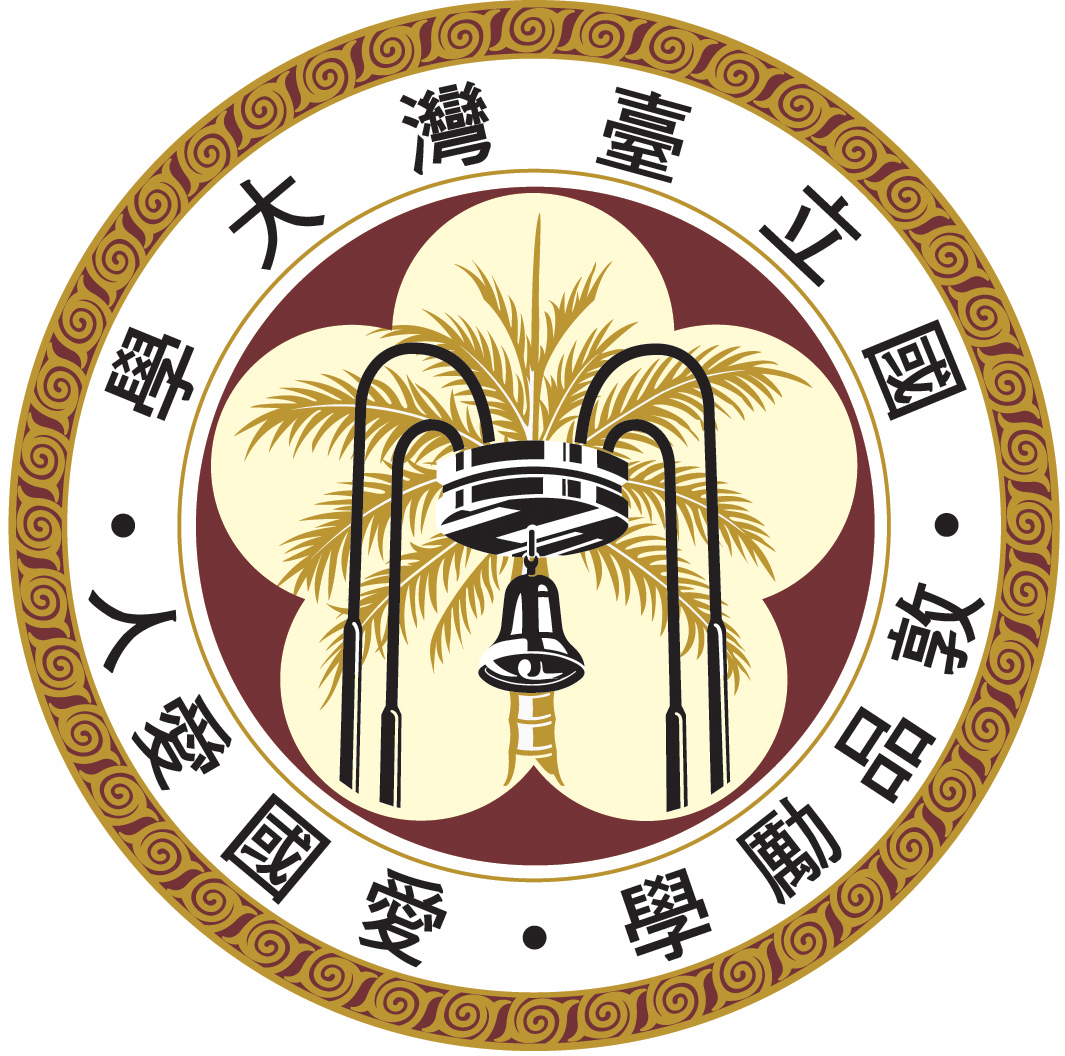Explorer of Attention and Perception (EPA)
Research Field
Professor Su-Ling Yeh is a Lifetime Distinguished Professor in the Department of Psychology and Associate Dean of the College of Science at National Taiwan University (NTU). She holds the titles of NTU Humanities Chair Professor and Fu Ssu-Nien Memorial Chair Professor, and was a Fellow at the Center for Advanced Study in the Behavioral Sciences (CASBS) at Stanford University (2019-2020) and a Fellow at the National Humanities Center in the United States (2023-2024). Her academic achievement has been recognized with Academic Award of Ministry of Education, the National Science and Technology Council (NSTC) Distinguished Research Award, and the NTU Distinguished Teaching Award for Best Teachers. Her research spans a wide range of topics in psychology, including sensory processing across vision, audition, touch, olfaction, and taste, as well as the influence of attention and consciousness on perception. She is particularly interested in applying fundamental psychological research to real-world contexts, covering areas such as perception, attention, consciousness, multisensory integration, positive aging, mindfulness, and well-being. Her work also extends to applications in display technology, eye-tracking systems, affective computing, and intelligent technology.
The Explorer of Attention and Perception Lab (EPA) is dedicated to exploring human perception, cognition, and behavior through rigorous experimental research. Under the leadership of Professor Su-Ling Yeh, the lab integrates interdisciplinary approaches to advance fundamental psychological research while also addressing real-world applications in areas such as display and multimedia technology, aging society, human-computer interaction, and human well-being.
One of the lab’s core research areas are visual perception, attention, consciousness and psycholinguistics. Professor Yeh's pioneering work has highlighted the unique cognitive processing mechanisms of Chinese characters compared to alphabetic languages, providing valuable insights for psycholinguistic theories and practical applications in language learning. Another distinctive research direction in the EPA Lab is the investigation of blue light effects on human vision and cognition. Unlike traditional blue light studies that focus on sleep regulation, Professor Yeh's team employs psychophysical methods to examine its impact on attention and perception. Their findings have led to innovative applications, including the development of optimized blue light filters that preserve color perception while minimizing retinal strain.
In addition, the lab is actively engaged in human-centered artificial intelligence (AI) research. Recognizing the increasing role of AI in daily life, Professor Yeh emphasizes the importance of integrating psychological principles into AI development. The EPA Lab explores AI applications designed to align with human cognitive and emotional needs, including research on AI-driven conversational agents, generative AI for humanities research in Taiwan, and technology-enhanced solutions for aging populations. For example, the lab collaborates on the TAIHUCAIS project, which aims to develop a user-friendly generative dialogue system using AI and large language models (LLMs) to improve access to humanities knowledge. Through interdisciplinary collaboration, the lab ensures AI innovations not only enhance efficiency but also align with human values.
Beyond research, the EPA Lab is committed to knowledge dissemination and academic exchange. Professor Yeh has established international research collaborations with institutions across the globe and has played a crucial role in talent cultivation, organizing conferences and interdisciplinary workshops. By bridging psychology, technology, and societal needs, the lab continues to contribute to both theoretical advancements and practical applications that improve human well-being.
- Artificial Intelligence and Psychology: AI for well-being from psychological approaches, human-centered problem-solving, human-robot interaction, social robotics, assistive robots for the aging population, detection of affective state, effective (transgenerational) communication, cognitive training/intervention
- Consciousness: conscious and unconscious processing, attention and consciousness, body sensation and self-consciousness, meta-awareness, gut feeling
- Attention and Perception: effect of attention on perception, mind wandering, meditation
- Multisensory Perception: cross-modal interaction between vision, audition, and touch
- Psycholinguistics: reading, semantic processing, word perception/recognition, dialogue
- Positive Aspects of Aging: experience and statistical regularity extraction, communication
- Well-being: intrapersonal, interpersonal, and environmental aspects
- Applied Research: generative AI, image processing and display, virtual/augmented reality, blue light effect, gaze-contingent display and applications, human computer interaction, AI for well-being
Academic Positions
2024-present Associate Dean, College of Science, NTU
2020-2023 Associate Dean, College of Science, NTU
2012-present Lifetime Distinguished Professor, Department of Psychology, NTU
2010-present Jointly Appointed Professor, Graduate Institute of Brain and Mind Sciences, NTU
2004-present Full Professor, Department of Psychology, NTU
Professional Experience
2024-2025 Chair Professor of Humanities, NTU
2023-2024 Fu Ssu-Nien Memorial Chair Professor, NTU
2023-2024 Fellow at National Humanities Center (NHC), USA
2019-2020 Fellow at the Center for Advanced Study in the Behavioral Sciences (CASBS), Stanford University, USA
2018-present Association for Psychological Science (APS) fellow, USA
2018-2024 Associate Director, Center for Artificial Intelligence and Advanced Robotics, NTU
2013-2016 Head of Department, Department of Psychology, NTU
2010-2016 Associate Director, Neurobiology and Cognitive Science Center, NTU
Research
2024 Chair Professorships of Humanities, National Taiwan University
2023 Fu Ssu-Nien Memorial Chair Professorship, National Taiwan University
2014 Academic Award of Ministry of Education, Ministry of Education, Taiwan
2002, 2012 Distinguished Research Award (Twice), National Science Council, Taiwan
2004 Research Contribution Award in Humanities and Social Sciences, NTU
2002-2003 Da-Yo Memorial Award, National Science Council, Taiwan
1996-2000 Recipient of Research Awards (Five times), National Science Council, Taiwan
2000 Elected outstanding scholar for the NOW/NSC joint program on cognitive science, National Science Council, Taiwan and NOW, Arnhem, the Netherlands
2000 Award for supervision of NSC Independent Research (Twice), National Science Council, Taiwan
Teaching
2024 Senior Outstanding Teacher Award by the Ministry of Education (30 years)
2006, 2012 Distinguished Teaching Award for Best Teachers, NTU (Twice)
2004-2005 Teaching Award for Best Teachers, NTU (Twice)
2003-2005 Teaching Award of Best Teachers at the College of Science, NTU (Three times)
2002 Course Award, Computer and Information Networking Center, NTU (For the web-based multimedia instructional course “Sensation and Perception”)
2000, 2024 College Student Research Creativity Award (Twice), National Science Council, Taiwan
1994 Ph.D., Psychology, University of California at Berkeley, California, USA
1987 M.S., Psychology, National Taiwan University, Taiwan
1985 B.S., Psychology, National Taiwan University, Taiwan
